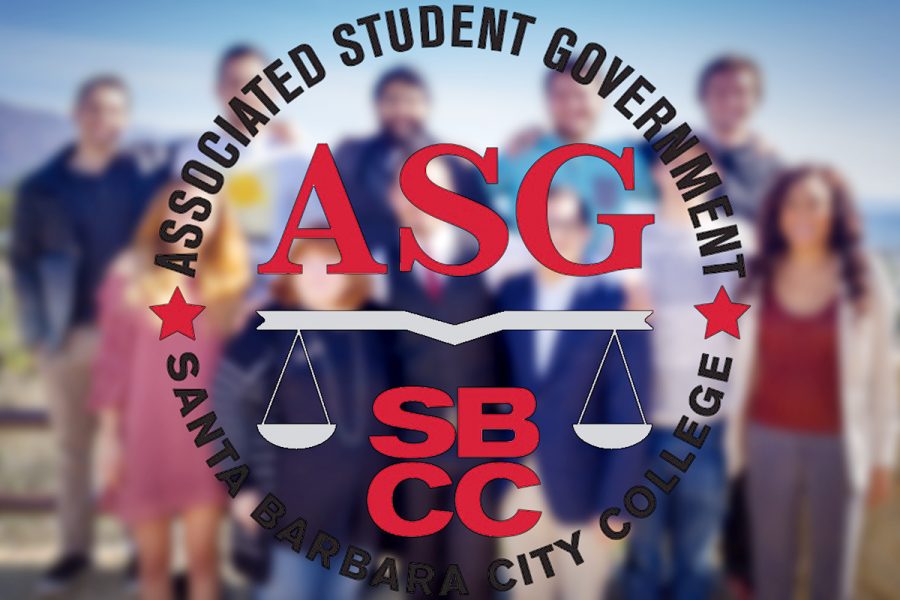Two members of the Student Senate violated the Brown Act this week, despite The Channels warning the senators about possible Brown Act violations earlier in the semester.
Sometimes referred to as California’s open meeting law, the Brown Act is a statewide law that was initially enacted in response to concerns about secret, undisclosed meetings and decisions made by local government officials. In general, it prohibits a majority of the members of a legislative body from gathering electronically or in-person to discuss or take action on a matter within the body’s jurisdiction unless such deliberation takes place in a meeting that follows Brown Act requirements.
In an email to all senate members Sunday, Vice President of External Affairs Matthew Esguerra requested that an item about a board resolution be placed on the agenda.
The resolution, he wrote in the email, would require the City College Registrar’s office to “release a yearly document with the grade distributions for each credit class, giving students a more holistic view when searching for classes.” The full email can be seen here.
“This could be very very very beneficial for students in the future,” Esguerra wrote. “I could not imagine any students in opposition.”
The Channels reached out to Nikki Moore, legal counsel for the California News Publishers Association, to verify whether Esguerra’s email constitutes a violation of the Brown Act. The Act specifies in section 54952.2 (b) that any use of “technological devices that is employed by a majority of the members of the legislative body to develop a collective concurrence as to action to be taken on an item by the members of the legislative body is prohibited.”
“We agree this is a violation [because] the member communicates to every member of the body his thoughts on the issue” Moore wrote in an email to The Channels. “This is an improper discussion outside a public meeting.”
The Channels conducted follow-up interviews with Esguerra and President Josh Villanueva later that week.
Esguerra said that the email was sent in order to ask for an agenda item at the meeting and that the violation was “accidental.”
“I was pretty excited about it at the moment,” Esguerra said.
President Villanueva was also unaware that the email was a violation despite attending a meeting with The Channels earlier in the semester discussing this particular type of Brown Act violation. At the meeting, The Channels provided Villanueva and Commissioner of Marketing Kenyon Newhouse with a document listing several potential Brown Act violations that occurred earlier in the semester.
Nicholas Hofstatter, who was Commissioner of Sustainability before being removed Monday, sent out an email Wednesday to the entire senate telling them that if his appeal is accepted at the meeting on Friday, he will also be proposing a bylaw amendment and discussing why he thinks it is necessary.
Although Hofstatter was not on the senate at the time when he sent his email, the attached bylaw proposal was not linked to the meeting’s agenda or placed in their Google Drive “meeting materials folder” (which is linked to the agenda), even though the item was approved to the agenda in the appropriate amount of time.
In section 54957.5 (a), the Brown Act says that agendas of public meetings and “any other writings” once distributed to all or a majority of the senate should be “made available on request without delay.” President Villanueva himself made a request for the item to be made available by uploading it into the senate’s meeting materials folder in a response to Hofstatter’s email, asking if the former senate secretary Nicholas Currie would put the written bylaw proposal in the “meeting materials” folder. However, Currie did not respond to the email chain and the proposal remains unavailable to the public.
Although Currie has also been removed from the senate, Villanueva has still been asking him to put materials from senate meetings in the “meeting materials” folder, most recently on Tuesday when he attached the Club of the Year Award applications to their May 4 meeting minutes, five days after The Channels requested the documents.














